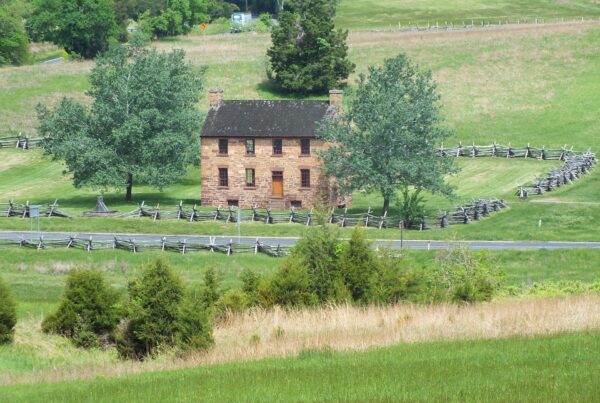Unmasking the Mystery of Creosote’s Aroma in Falls Church, VA
There’s something uniquely comforting and nostalgic about the aroma of a roaring fire on a cold winter’s night. The sounds of crackling wood, the warmth radiating from the hearth, and the distinct scent of burning wood combine to create an atmosphere that’s both inviting and relaxing. However, if you’ve ever noticed an unusual, pungent smell coming from your fireplace in Falls Church, VA, it could be more than just the scent of burning wood. It could be the scent of creosote.
Creosote is a byproduct of burning wood that accumulates in your chimney over time. It’s a black, oily substance that can have a strong odor, particularly when it comes into contact with moisture. This is especially problematic in areas like Falls Church, VA, where high humidity levels can cause the smell of creosote to permeate your home.
But what exactly is creosote, why does it smell, and how can you mitigate its odor in your home? Let’s unmask the mystery of creosote’s aroma.
Understanding Creosote
Creosote forms when wood doesn’t burn completely. It’s composed of a mixture of tar and soot, which sticks to the walls of your chimney and builds up over time. The three stages of creosote are distinguished by their appearance and hardness. Stage one creosote is flaky and can be easily brushed away. Stage two is shiny and hard, while stage three, or glazed creosote, is dense, highly combustible, and the most difficult to remove.
Creosote’s Aroma: Why it Smells
Creosote’s smell is usually described as a combination of asphalt or tar, and burnt wood. When the weather is dry, you might not detect the smell of creosote at all due to its volatility. However, when the humidity level rises, creosote absorbs moisture and emits a strong, unpleasant smell. The odor is often more noticeable in the summer months when higher humidity levels and warmer temperatures combine to intensify the aroma.
Creosote Odor and Your Health
While the smell of creosote is unpleasant, it can also be a health hazard. Prolonged exposure to creosote fumes can lead to respiratory issues, eye irritation, and skin problems. In severe cases, it can cause mental confusion and kidney or liver problems. Therefore, it’s crucial to address the issue promptly to protect your family’s health.
Managing Creosote’s Aroma
The best way to manage creosote’s aroma is to prevent its buildup in the first place. Regular chimney cleaning and maintenance are key. The Chimney Safety Institute of America recommends having your chimney inspected at least once a year and cleaned as needed.
A&T Chimney Sweeps fireplace, furnace, dryer vent, gutter cleaning and repair services in Falls Church VA provide professional chimney cleaning services. Their team of experts uses the latest equipment and techniques to remove creosote buildup, ensuring your chimney is safe and odor-free.
If you’re already noticing a creosote smell in your home, there are a few steps you can take to reduce the odor. First, close the damper when the fireplace is not in use. This will prevent the smell from entering your home. You can also use a commercial chimney deodorizer or baking soda to neutralize the odor.
However, if the smell persists, it’s best to contact a professional. They can thoroughly clean your chimney, removing the source of the smell and ensuring your fireplace is safe to use.
FAQs
Q: How often should I have my chimney cleaned?
A: The Chimney Safety Institute of America recommends an annual inspection and cleaning as needed. However, if you use your fireplace frequently, you may need more regular cleanings.
Q: Can I clean my chimney myself?
A: While some people choose to clean their chimneys themselves, it’s a messy and potentially dangerous job. Professionals like A&T Chimney Sweeps have the experience and equipment to do the job safely and thoroughly.
Q: What are the signs of creosote buildup?
A: Signs of creosote buildup include a strong, unpleasant smell, especially when it’s humid, visible soot or tar in the chimney, and smoke entering your home when the fireplace is in use.
Q: Is creosote harmful?
A: Yes, in addition to being a fire hazard, prolonged exposure to creosote fumes can lead to health problems like respiratory issues, eye irritation, skin problems, and even mental confusion.
In conclusion, creosote’s aroma in your Falls Church, VA home should not be ignored. Regular chimney maintenance and cleaning can prevent creosote buildup, ensuring the safety and health of your family. So, next time you light up your fireplace, all you’ll smell is the comforting aroma of burning wood.








